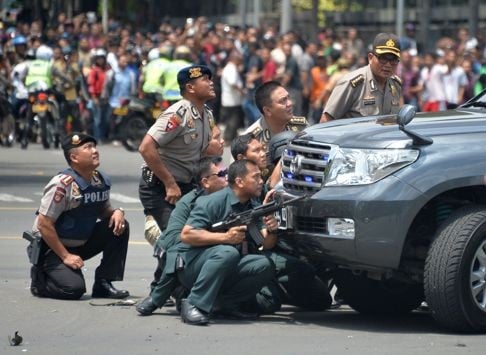
Don’t allow Islamic State to gain ground in Southeast Asia
Derwin Pereira says Indonesia will have to display greater toughness on terror after the recent Jakarta attack, and must consider introducing draconian laws to allow the preventive detention of suspects
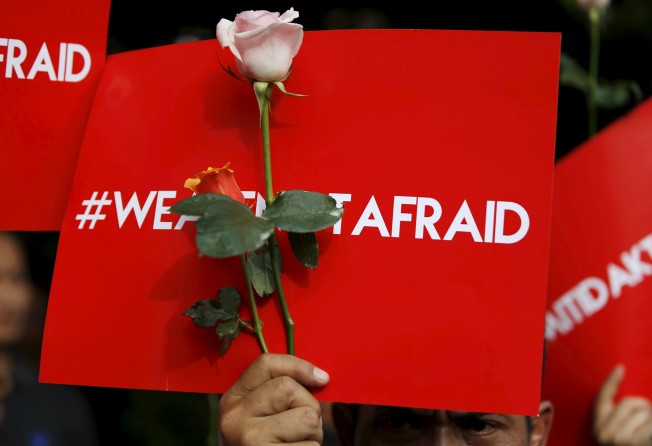
The terrorist attack in Jakarta earlier this month achieved little but foretells much. It signifies the renewal of an implacable religious insurgency that could cost Indonesia and the rest of the region dearly. From the point of view of Islamic State, which claimed responsibility for the assault, there is hardly anything to boast about. Very few civilians were killed. Thus, the attack failed the mathematics of terror, which revels in mass casualties.
The Jakarta strike was not only small scale, it was botched. The terrorists involved might have tried to emulate the actions of the Paris attackers but they failed miserably. Unlike trained militants who behave with military discipline and precision, the Jakarta terrorists appeared to be on a day trip. Their exertions were over, and they were dead, in an almost anti-climactic denouement.

Terrorism is war played out in slow motion forever
However, there are several reasons for treating this outrage as an important passage in Indonesia’s litany of terror. One is the agency of time. Terrorism is war played out in slow motion forever. No battle is decisive but every battle contributes, in the twisted teleological imagination of terror, to eventual assured victory. Unlike a secular war, whose outcome is settled on the battlefield, at least for the time being, only the afterlife and eternity are the final terrorist battlefield. A senior Indonesian official grasped this aspect of the Jakarta terrorists’ pathology when he observed that they were motivated by nothing more than a consuming desire to die and go to heaven.
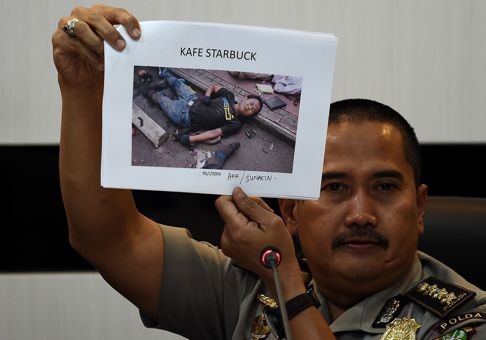
On the religious front, Indonesia showed a consensual ability to act against terror. It disproved worries that its Muslim-majority population – the world’s largest – would not support military action against a group of co-religionists. They did.
On the religious front, Indonesia showed a consensual ability to act against terror
Politically, Indonesia refuted concerns that the unseemly jockeying for power among parties and factions, including Islamically minded groups, in the post-Suharto era would restrict its ability to fight terror. It proved that political pluralism and security imperatives can go together.
However, the events in Jakarta show that secular time is not the same as religious time. In the secular world, events have a beginning and an end. Many Indonesians thought peace had largely returned to their country. In the terrorist world, however, there is merely a continuum of warfare, punctuated by periods of peace dictated by tactical necessity. Beyond the tactical lies the strategic: the fundamental use of violent means to seek ultimate ends, the signature faith of all terrorists, whatever their religion. This illustrates the existential difficulty of dealing with people driven by a death wish.
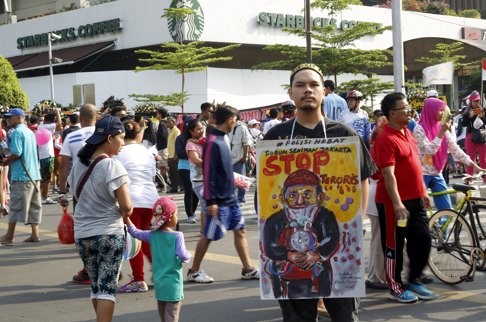
IS in Indonesia, if anything, is a bigger threat than Jemaah Islamiah, the al-Qaeda offshoot that terrorised the country. It is a truism that JI was an idea in search of territory; even al-Qaeda, operating from the pre-modern terrain of war-torn Afghanistan, was more an idea than a territory. IS is, however, a territory – its geographical remit in Iraq and Syria equals that of a medium-sized European country – in search of the global idea of a caliphate.
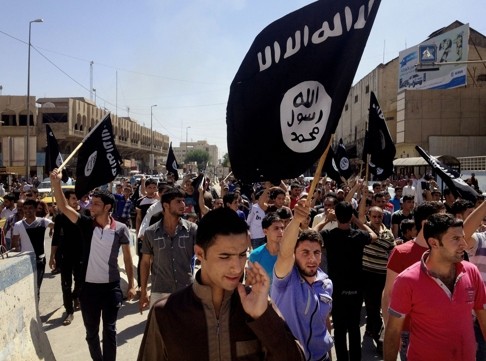
Almost a year ago, I wrote that Southeast Asia is likely to become the second front of the war on terror as IS destabilises West Asia, the first front. That warning is borne out by the Jakarta attack, which enacts the initial stages of the jihadi strategy of turning Indonesia into the centre of war in Southeast Asia, which itself will serve as a microcosmic terrain for global jihad. The region will serve as a gathering place for international jihadis.
The implications are onerous for Malaysia, Singapore and the southern Philippines. Regional cooperation is becoming a do-or-die game. These countries must be aware of their common stake in resisting an enemy to which international borders are a secular fiction. Just as the terrorists see maritime Southeast Asia as a single confessional landscape, those involved in counterterrorism must view it as a single security domain.
The Jakarta attack failed. The next one may not.
Derwin Pereira heads a Singapore-based political consulting company. He is also a member of Harvard University’s Belfer Centre for Science and International Affairs. This is an edited version of an article that originally appeared in Singapore’s Business Times